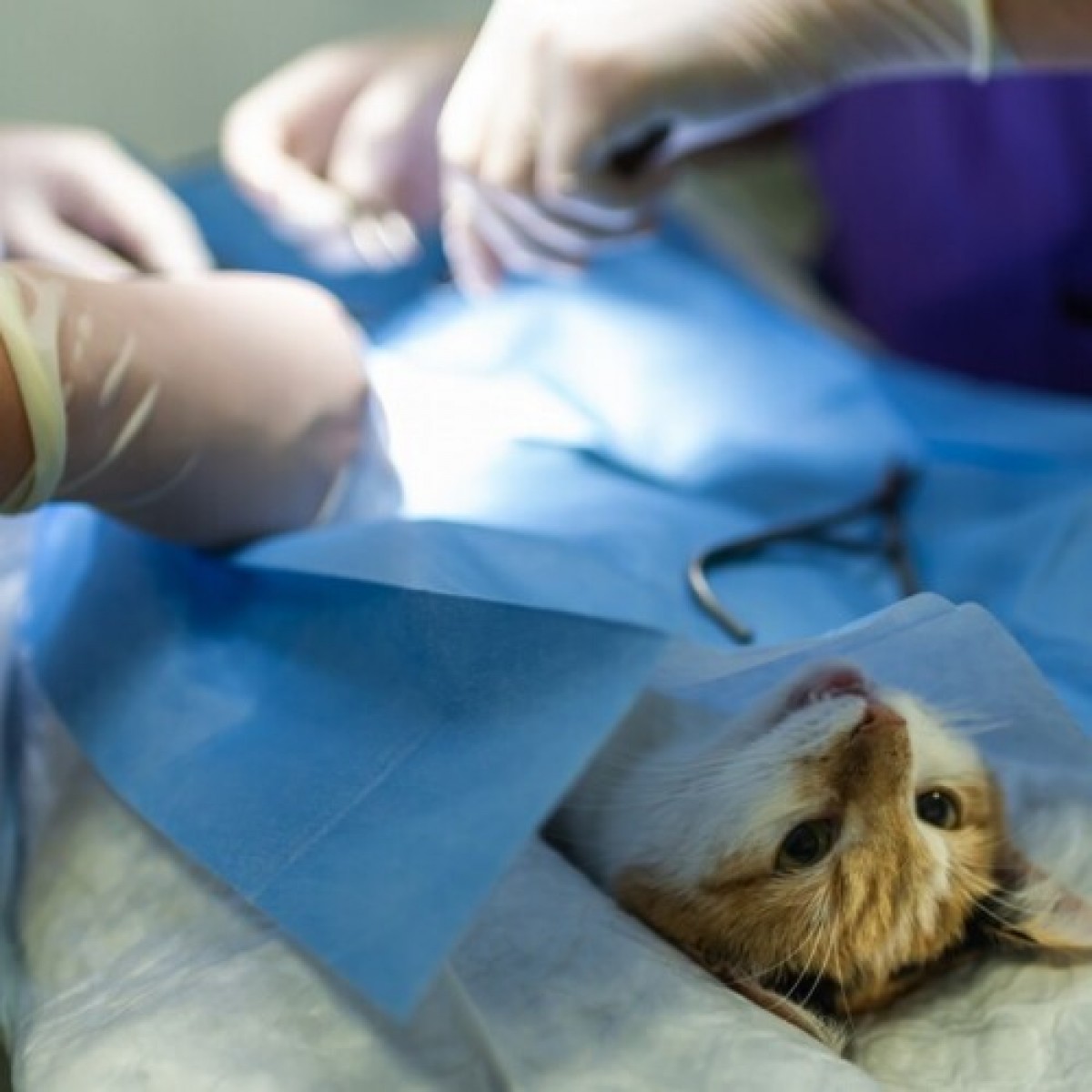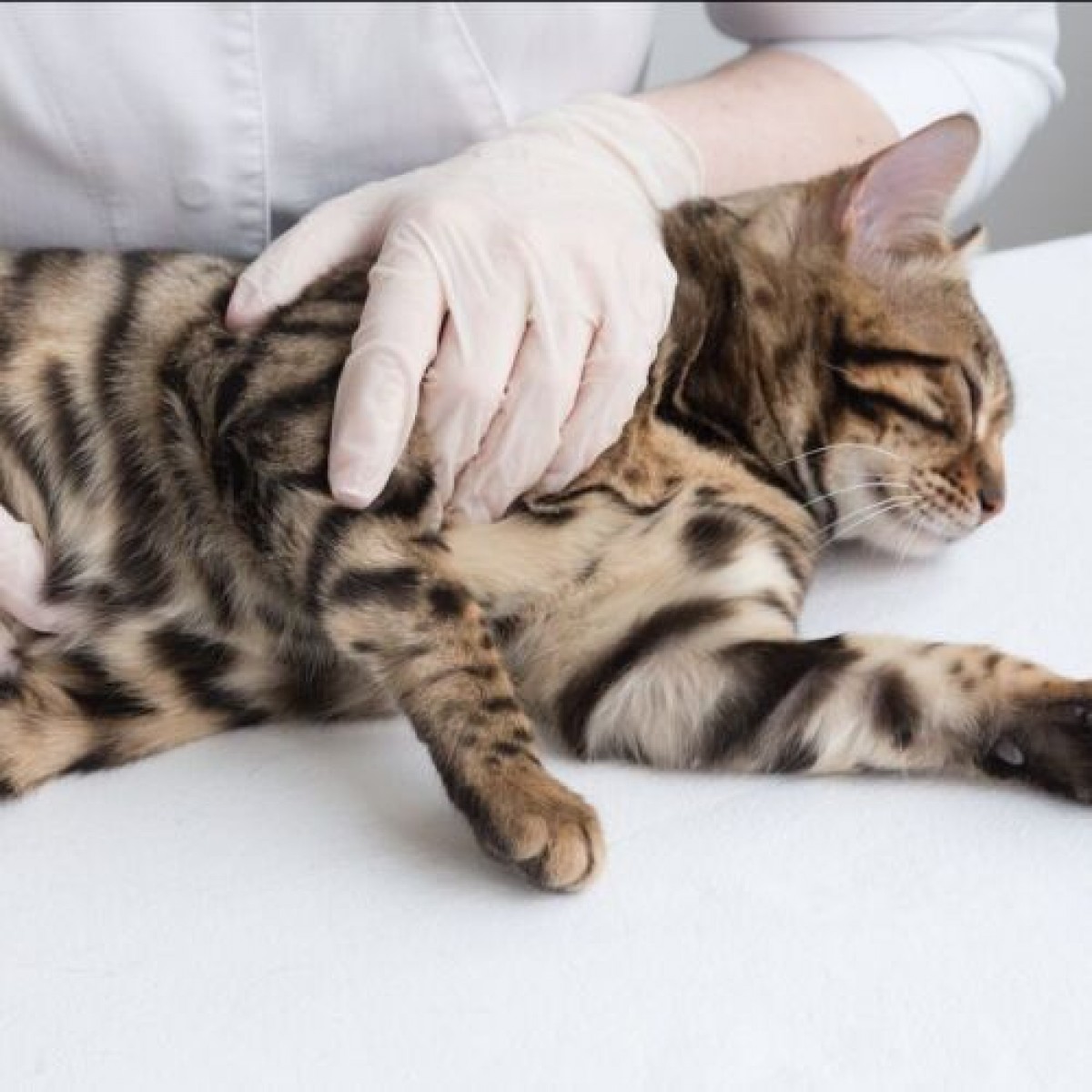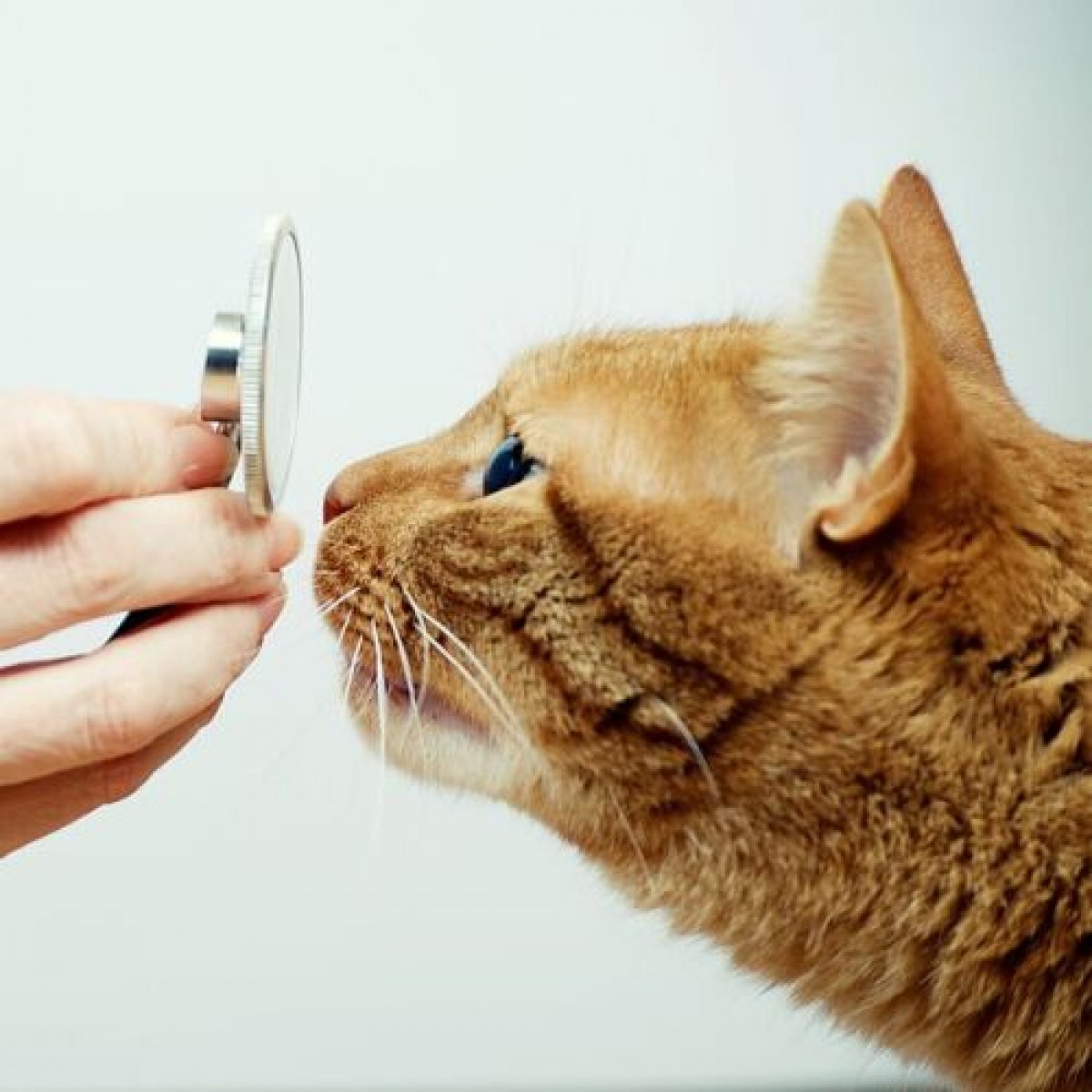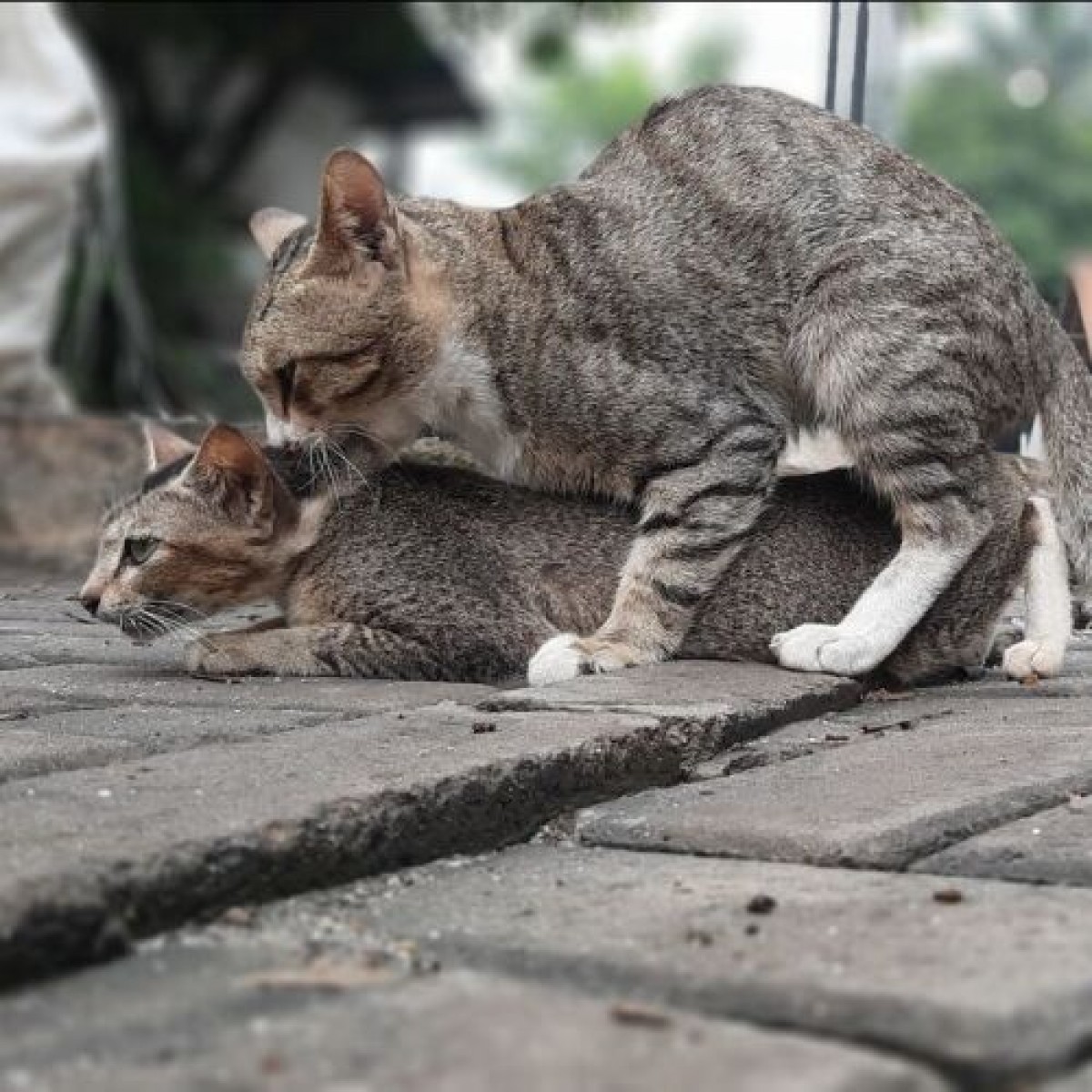Feline Personality and Behavior Traits Identified
Cats have been household pets for approximately 10,000 years, but not much research has been done to evaluate their personality and behavior traits.
Cats have been household pets for approximately 10,000 years, but not much research has been done to evaluate their personality and behavior traits. Many cat owners face challenges associated with their cat’s behavior, including issues such as aggression and inappropriate elimination. Knowing more about feline personality and behavior traits can help prevent problematic behavior and improve the relationship between owner and pet. Researchers from the University of Helsinki and the Folkhalsan Research Center recently published findings from a survey on feline personality and behavior that revealed seven personality and behavior traits.
Feline personality and behavior questionnaire
The researchers developed a comprehensive questionnaire of 138 survey questions, which they posted on an animal welfare website for cat owners to complete. They used this approach because cats behave differently in a laboratory setting than they do in their home environment, and basing findings on experimental situations could lead to inaccurate results. Questionnaires were completed for more than 4,300 cats representing 26 breeds. The survey included:
- Questions about the cat's interaction with people — Does your cat seek out physical contact from people? Does your cat freeze when examined by a veterinarian? Is your cat comfortable and relaxed among people in social gatherings? Does your cat unexpectedly scratch or bite when petted? Does your cat greet unfamiliar children in a friendly manner? Does your cat wake up household members in the early morning? Does your cat make eye contact and slowly blink at familiar people?
- Questions about the cat’s interaction with other pets — Does your cat act aggressively toward familiar dogs? Does your cat act aggressively toward familiar cats? Does your cat greet unfamiliar cats in a friendly manner? Does your cat run and hide from unfamiliar cats or dogs? Does your cat get along well with other dogs and cats in the household?
- Questions about the cat’s resting habits — Does your cat rest in secure places? Does your cat tend to lie on newspapers, books, keyboards, or other objects being used by people? Does your cat rest in elevated places?
- Questions about the cat’s eating habits — Does your cat meow when they are hungry to ask for food? Is your cat picky about what they eat? Does your cat eat household plants or cut flowers if given the opportunity?
- Questions about the cat’s play habits — Does your cat often exhibit sudden bursts of running? Does your cat get excited about new toys? Does your cat carry toys in their mouth? Does your cat chase and ambush other household members in a playful manner? Does your cat play fetch?
- Questions about the cat’s litter box habits — Does your cat refuse to use a dirty litter box? Does your cat urinate or defecate in inappropriate places indoors? Will your cat use the same litter box as other cats in the household?
After cat owners completed the questionnaire, researchers allowed some time to pass and then contacted the owners again to ask them or another family member to fill out the questionnaire once more for the same cat. The researchers wanted to assess the questionnaire’s reliability over time as well as between respondents. The responses provided were similar, and the personality and behavior traits were reproducible and reliable, meaning the questionnaire functioned well.
Seven feline personality and behavior traits
Using the data collected, the researchers were able to identify seven feline personality and behavior traits:
- Fearfulness — Cats who tended to be more fearful included female cats and cats whose owners reported problematic behavior. Breeds such as Russian blue, house cats, Bengal, and European were more fearful than Cornish rex, Burmese, Persian, and exotic cats.
- Activity and playfulness — Older cats and fearful cats tended to be less active and playful. Breeds such as Cornish rex, Korat, Bengal, and Abyssinian were more active and playful than British, Ragdoll, Sacred Birman, Siberian, Neva Masquerade, Persian and exotic cats.
- Aggression toward humans — Older cats and cats living in multi-cat households tended to be more aggressive toward humans. Breeds such as Turkish Van and house cats were more aggressive than British, Persian, Oriental, and exotic cats.
- Sociability toward humans — Female cats and fearful cats were less sociable, while active and playful cats were more sociable. Cats whose owners reported problematic behavior tended to be less social. Breeds such as Korat, Oriental, and Abyssinian were more social than British, Sacred Birman, European, Persian, and exotic cats.
- Sociability toward cats — Older cats, female cats, and fearful cats were less sociable toward other cats, and cats whose owners reported problematic behavior also tended to be less sociable toward other cats.
- Excessive grooming — Fearful cats and cats whose owners reported problematic behavior tended to exhibit excessive grooming. Breeds such as Burmese and Oriental had more excessive grooming than Siberian, Neva Masquerade, and Norwegian forest cats.
- Litter box issues — Older cats, male cats, and cats living in multi-cat households had more litter box issues. In addition, cats whose owners reported problematic behavior had more litter box issues.
Learning more about feline personality and behavior hopefully will help prevent problematic behavior and improve the home life for cats and their owners.


.jpg)











List
Add
Please enter a comment